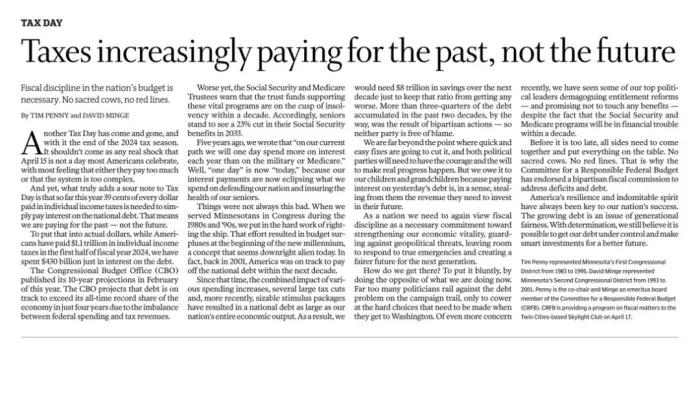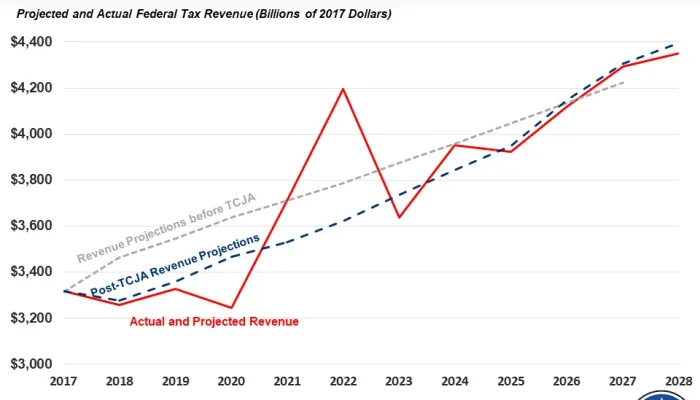Tax Exemption Fails to Make the Medal Stand
Not surprisingly, the policy world has been less than kind to a proposal to exempt Olympic winnings from taxation. After the proposal gained the support the chair of the Ways and Means Committee Dave Camp (R-MI) and President Obama, we satirically speculated the possible reasoning behind the exemption, namely to push those fourth place finishers onto the medal stand with some tax motivation.
Naturally, this idea got some push back. Luckily, one of those pushing back and refusing to pander--perhaps deserving a tax-exempt Olympic medal for it--is in Congress, Sen. Tom Coburn (R-OK). Josh Barro of Bloomberg reported yesterday of an email from Sen. Coburn's spokesman John Hart. It read:
If tax code gymnastics was an Olympic sport this idea might get a medal. Like the carve outs for NASCAR, rum makers and electric motorcycles, tax earmarks are a tax increase for everyone who doesn't receive the benefit. I'm not sure taxpayers want to pay higher rates to help beleaguered Olympic medalists who have to manage endorsement offers.
Howard Gleckman of Tax Policy Center was no kinder to it, labeling the proposal a "Stupid Tax Trick." Other proposals that have garnered that label from TPC include a state-levelproposal to allow a deduction for the cost of "burying" a deceased person in space and one that would allow pet-care expenses to be deductible.
I suspect much of the support for this silly idea is based on the mostly-outdated myth of the self-sacrificing amateur athlete who gives up all in the Olympic spirit. Chariots of Fire and all that.
But the dons who run the Olympics have let professionals compete for more than 40 years. As a result, many of those who would benefit from this tax cut are as far from amateurs as one could imagine. LeBron James, for instance, made $57 million last year in salary and endorsements. Kobe Bryant made $52 million. Michael Phelps made $10 million. Does BronBron really need an $8,700 tax cut? Seriously?
Perhaps a US loss in the men's basketball semifinals against Argentina would convince him otherwise.
Matt Yglesias of Slate was a bit more measured in his criticism, noting that while the exemption itself would cost very little, it would cast a terrible light on our tax code and the prospects for reform.
The underlying issue is that taxes aren’t supposed to be a cosmic judgment on the underlying worthiness of people’s activities. The earnings of a great artist and a reality TV show producer are taxed the same. That can seem a bit perverse at times, but having Congress try to assess which professions are important and which are bad would be much worse. The goal of the tax code should be to try to raise an adequate amount of money in a way that’s economically efficient and meets social equality goals. That tends to mean as broad a tax base as possible—few deductions or exemptions, in other words—to make it possible to raise revenue with relatively low tax rates. Exceptions should generally be justified in terms of broad benefits to society. We have tax breaks for corporate research and development based on the idea that innovation helps the whole economy and not just the most innovative companies. Indeed, even in this age of massive polarization, the desirability, in principle, of a tax code with fewer deductions is a rare point of bipartisan consensus.
Let's disqualify this exemption from making the tax code.


